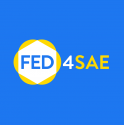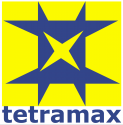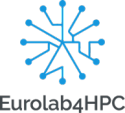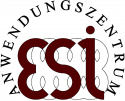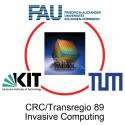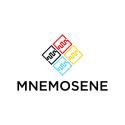7.3 Special Session: Realizing Quantum Algorithms on Real Quantum Computing Devices
Date: Wednesday 11 March 2020
Time: 14:30 - 16:00
Location / Room: Autrans
Chair:
Eduard Alarcon, UPC BarcelonaTech, ES
Co-Chair:
Swaroop Ghosh, Pennsylvania State University, US
Quantum computing is currently moving from an academic idea to a practical reality. Quantum computing in the cloud is already available and allows users from all over the world to develop and execute real quantum algorithms. However, companies which are heavily investing in this new technology such as Google, IBM, Rigetti, and Intel follow different technological approaches. This led to a situation where we have substantially different quantum computing devices available thus far. Because of that, various methods for realizing the intended quantum functionality to a respectively given quantum computing device are available. This special session provides an introduction and overview into this domain and comprehensively describes corresponding methods (also referred to as compilers, mappers, synthesizers, or routers). By this, attendees will be provided with a detailed understanding on how to use quantum computers in general and dedicated quantum computing devices in particular. The special session will include speakers from both, academia and industry, and will cover the most relevant quantum computing devices such as provided by IBM, Intel, etc.
| Time | Label | Presentation Title Authors |
|---|---|---|
| 14:30 | 7.3.1 | RUNNING QUANTUM ALGORITHMS ON RESOURCE-CONSTRAINED QUANTUM DEVICES Author: Carmen G. Almudever, TU Delft, NL Abstract A number of quantum computing devices consisting of a few tens of noisy qubits already exist. All of them present various limitations such as limited qubit connectivity and reduced gate set that must be considered to make quantum algorithms executable. In this talk, after briefly introduce the basics of quantum computing, we will provide an overview on the problem of realizing quantum circuits. We will discuss different mapping approaches as well as quantum devices emphasizing their main constraints. Special attention will be given to the quantum chips developed within the QuTech-Intel partnership. |
| 15:00 | 7.3.2 | REALIZING QUANTUM CIRCUITS ON IBM Q DEVICES Author: Robert Wille, Johannes Kepler University Linz, AT Abstract In 2017, IBM launched the first publicly available quantum computing device which is accessible through a cloud service. In the meantime, many further devices followed which have been used by more than 100,000 people who have executed more than 7 million experiments on them. Accordingly, fast and efficient solutions to realize quantum functionality to those devices are demanded by a huge user-base. This talk will provide an overview on IBM's own tools for that matter as well solutions which have been developed by researchers world-wide - including a description of a compiler that won the IBM Qiskit Developer Challenge. |
| 15:30 | 7.3.3 | EVERY DEVICE IS (ALMOST) EQUAL BEFORE THE COMPILER Author: Gian Giacomo Guerreschi, Intel Corporation, US Abstract At the current stage of quantum computing technologies, it is not only expected but often required to tailor the compiler to the characteristic of each individual machine. No amount of coherence time must be wasted. However, many of the recently presented architectures have constraints that can be described in a unifying framework. We discuss how to represent these constraints and how more flexible compilers can be used to guide the design of novel architectures. |
| 16:00 | End of session | |



